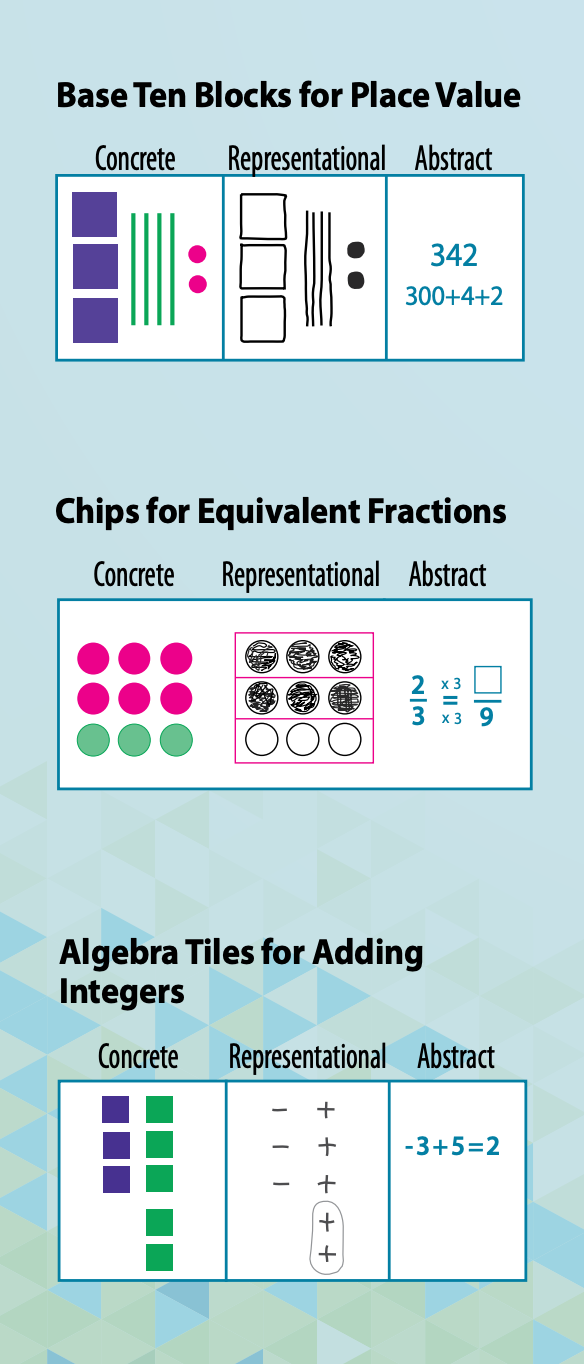Rohl Academy Methodology
Personalized Learning Plans
Research highlights the importance of individualized instruction in boosting academic outcomes (Tomlinson, 2017). I tailor every lesson to align with each student’s unique learning needs in literacy, math, and college preparation. By addressing specific goals and challenges, students experience more meaningful and effective learning.
Literacy Instruction
Evidence-Based Literacy Practices
I employ the Orton-Gillingham approach and Structured Literacy principles, which align with the Science of Reading (SOR) framework. Research from the National Reading Panel (2000) emphasizes explicit, systematic instruction in phonemic awareness, phonics, fluency, vocabulary, and comprehension as essential for reading success. These methods are especially effective for students struggling with dyslexia or foundational literacy skills.
Orton-Gillingham: A structured, multisensory, and evidence-backed method for teaching decoding, spelling, and reading. Research shows this approach improves outcomes for students with dyslexia (Shaywitz, 2005).
Science of Reading and Active View of Reading: This approach integrates phonological skills with comprehension strategies, ensuring that students not only decode text but also construct meaning effectively. Duke and Cartwright (2021) highlight the benefits of active reading techniques in fostering deeper understanding and literacy development.
Duke & Cartwright, 2021
Math Instruction
Mastering Math Through Concrete, Representational, and Abstract (CRA) Instruction
The CRA instructional framework supports students in transitioning from hands-on learning to conceptual understanding and application. Studies (Witzel, 2005) show this approach significantly benefits learners across skill levels, particularly in foundational math.
Concrete: I start by using physical objects to model math concepts, which research shows improves comprehension for younger students and visual learners.
Representational: Students then transition to visual representations, such as diagrams or charts, allowing them to relate abstract concepts to something tangible.
Abstract: Finally, students apply these skills in symbolic form, enhancing their ability to solve complex problems.
Hands-On Math Learning
Hands-on activities engage students and enhance problem-solving abilities. Research by Sarama and Clements (2009) supports using manipulatives and interactive tools in math instruction to deepen understanding, particularly in geometry and early arithmetic.
(PaTTAN, 2017)
Pre-College Preparation
Building Executive Functioning Skills
Executive functioning skills are foundational for academic and life success. Evidence (Meltzer, 2010) demonstrates that targeted interventions in planning, organization, and time management improve student outcomes. I incorporate practical exercises and real-life scenarios to help students develop these skills effectively.
Strategic College Preparation and Test Prep
Systematic approaches to test prep, supported by the College Board’s research, highlight that students benefit from structured practice, skill-building, and stress management strategies. I guide students step-by-step, from mastering test content to understanding the nuances of test-taking strategies, boosting their confidence and results.
References
Duke, N. K., & Cartwright, K. B. (2021). The science of reading and the active view of reading. Reading Research Quarterly.
Meltzer, L. (2010). Promoting executive function in the classroom.
National Reading Panel. (2000). Teaching children to read: An evidence-based assessment of the scientific research literature on reading and its implications for reading instruction. U.S. Government Printing Office.
PaTTAN. (2017). CRA Methods. Retrieved from https://www.pattan.net/getmedia/9059e5f0-7edc-4391-8c8e-ebaf8c3c95d6/CRA_Methods0117
Sarama, J., & Clements, D. H. (2009). Early childhood mathematics education research: Learning trajectories for young children.
Shaywitz, S. (2005). Overcoming dyslexia: A new and complete science-based program for reading problems at any level.
Witzel, B. S. (2005). Using CRA to teach algebra to students with learning disabilities in inclusive settings. Learning Disabilities Research & Practice.

